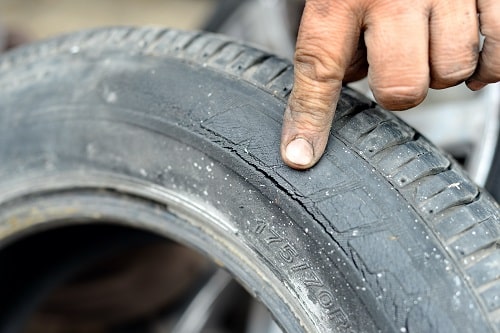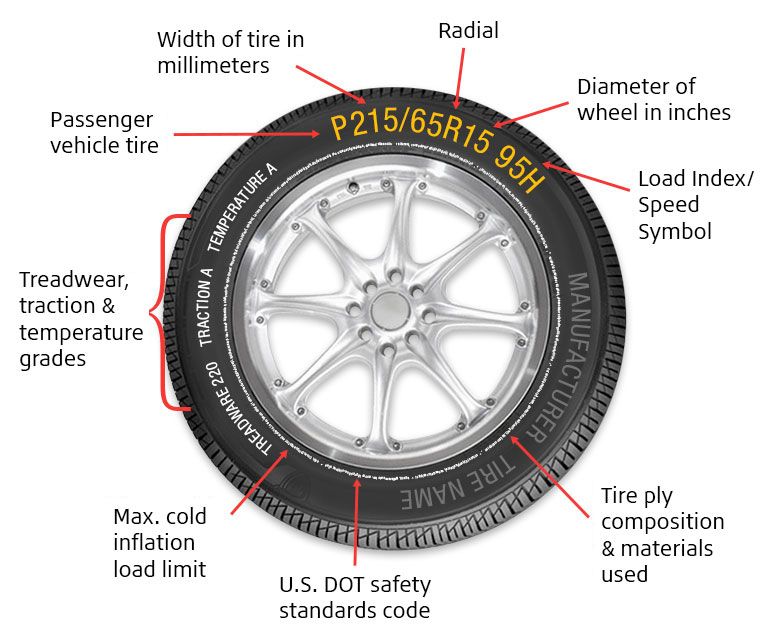Top Tire Questions Answered: Everything You Need to Know

by AutoExpert | 1 October, 2024
Got some burning questions аbout tires that you've just hаd to Google? Well, you're not аlone. We've gathered up some of the most Googled tire queries and answered them right here, in plain English, without the tech jargon. Let's dive in!
Why are tires black?
You might find this tidbit pretty cool—if you're into tire trivia, that is. Back in the day, before World War One, car tires were actually white, which is the natural color of rubber. But around 1917, manufacturers started adding carbon black, a kind of sooty substance, into the mix. They claimed it made tires ten times tougher and even improved grip. Plus, it gave those early 20th-century daredevils a way to leave some impressive black skid marks!

How do I rotate my tires?
Well, the easiest way is just to drive; that’ll rotate them quite nicely! But if you mean proper tire rotation, switching them around your car to even out wear, that usually involves a bit more elbow grease and a visit to your local garage.
How do tires grip?
Tires cling to the road stubbornly and reliably—until suddenly, they don’t. Hopefully, you won’t discover this while getting too cozy with a tree!

What does the writing on tires mean?
Ever noticed something like "255/55R17" on your tire? That's tire-talk for size and type. '255' is the width in millimeters, '55' is the sidewall height as a percentage of the width, 'R' means it's built with radial construction, and '17' is the wheel rim diameter in inches. And if it says something like "MICHELIN," well, that’s the brand—no mystery there!
What are tires made of?
Besides rubber, modern tires are a mix of up to 200 different materials including things like silica, polyester, petroleum, and nylon. It sounds like a recipe for an industrial cake, doesn't it?
Why are my tires brown?
Got brown tires? It could be aging or just exposure to the elements. It’s like a tire tan; not harmful but not a hot fashion statement either.

What should I fill my tires with?
Air works just fine for most vehicles, but if you're driving something fancy like a Nissan GT-R or maybe piloting a commercial jet, you might opt for nitrogen. Why? It’s less likely to seep through the tire walls and is less reactive to temperature changes. And helium? Only if you want your tires to squeak amusingly when they leak.
Why are my tires cracking?
Those cracks? Might be your tires telling you they've seen better days or that you snagged a "great deal" at a not-so-great tire shop.

So there you go, a quick rundown on some of your most Googled tire mysteries, answered with a bit of cheek and a lot of facts!


















